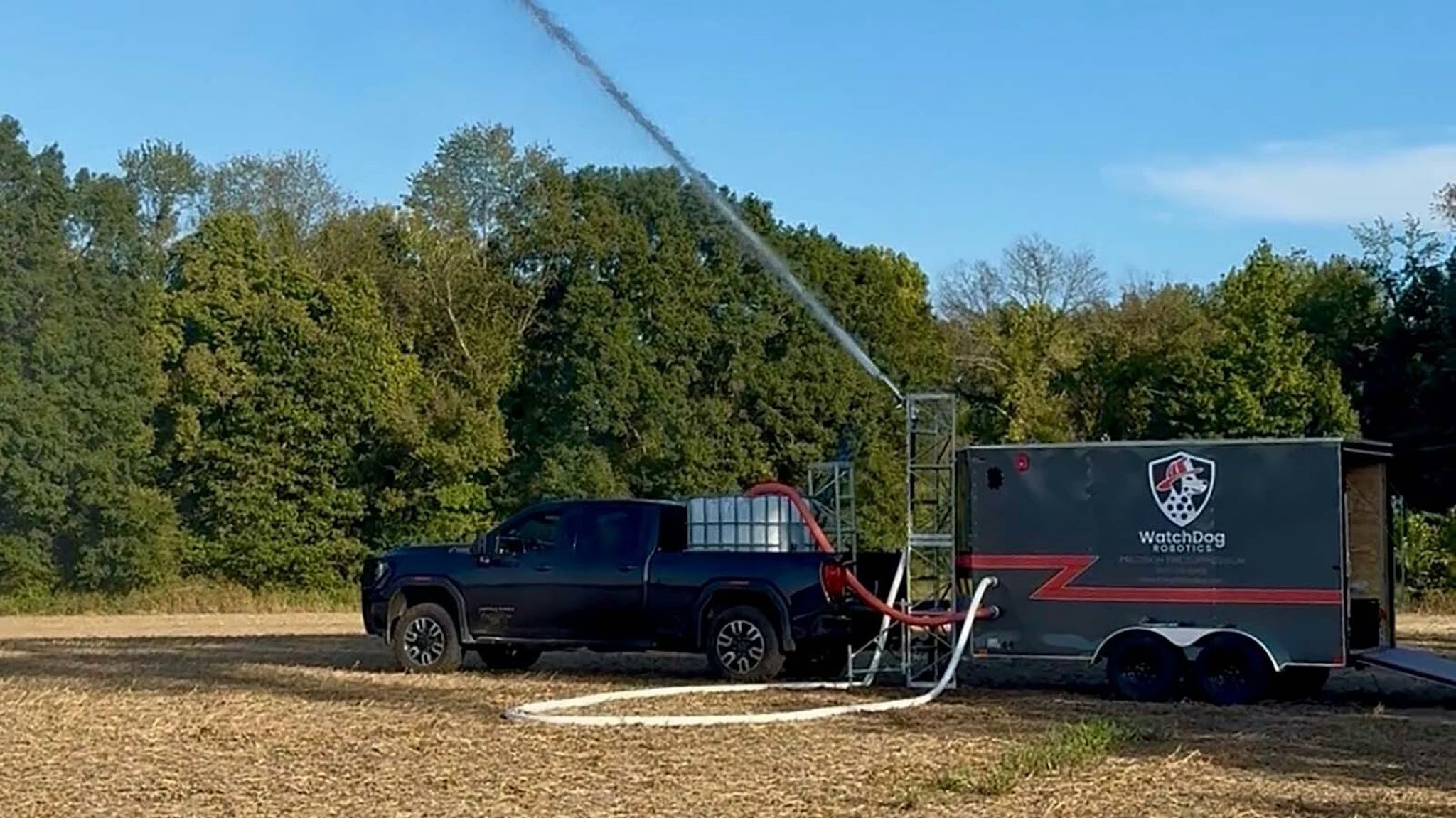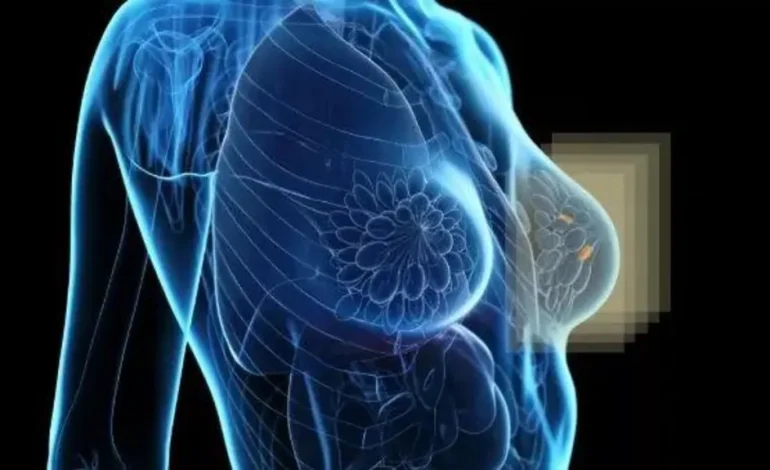A new imaging prototype designed to better detect breast cancer in women with dense breast tissue may help improve early diagnosis and ultimately save more lives, according to researchers involved in its development, BBC reports.
The technology, developed by Kromek in collaboration with Newcastle Hospitals, Newcastle University, and University College London (UCL), uses a radioactive tracer that targets cancer cells, effectively making them “light up” during scans. This is especially significant for women with dense breast tissue, which can obscure tumors on traditional mammograms.
Roughly 40% of women have dense breast tissue, a condition that is typically only identified during routine mammograms. On mammogram images, both dense tissue and tumors appear white, making it difficult to distinguish between healthy tissue and potentially cancerous growths.
“It’s like trying to find a small white cloud in a cloudy sky,” explained Dr. Nerys Forester, a breast radiologist at Newcastle Hospitals.
While having dense breast tissue isn’t usually a concern on its own, it is associated with a slightly higher risk of developing breast cancer and poses a diagnostic challenge.
The imaging device introduces a radioactive tracer, similar to those used in other forms of nuclear medicine. The tracer binds to cancerous cells, making them visible to the scanner.
“The technology allows laser focus on the cancer cells—they literally light up,” said Dr. Arnab Basu, chief executive of Kromek.
Once prototype testing is complete, the system is expected to enter clinical trials at Newcastle Hospitals. The Northern Medical Physics and Clinical Engineering team is overseeing regulatory aspects, and the National Institute for Health and Care Research HealthTech Research Centre is also supporting the project.
The £2.5 million initiative, funded by Innovate UK, is being praised for its potential to complement current screening technologies. Prof. Kris Thielemans, a medical imaging physics expert at UCL, said the technology has “considerable potential” for broader diagnostic applications beyond breast cancer detection.
Aly Murphy, a nurse and breast cancer patient, is participating in the research. She discovered by chance that she had dense breast tissue and believes earlier detection might have been possible with improved imaging.
“I think it’s revolutionary,” she said, describing the project as an important step in improving screening standards.
Sally Kum, from the charity Breast Cancer Now, said the organization “wholeheartedly supports” ongoing research to enhance breast cancer screening. She emphasized that any changes to national screening guidelines would need to be backed by strong evidence and approved by the UK National Screening Committee.
In the meantime, the charity continues to encourage women to attend routine mammogram appointments.
The Department for Health and Social Care confirmed it is reviewing emerging evidence related to dense breast tissue and is preparing to publish a broader plan to improve cancer screening and diagnosis in the UK.










The latest news in your social feeds
Subscribe to our social media platforms to stay tuned